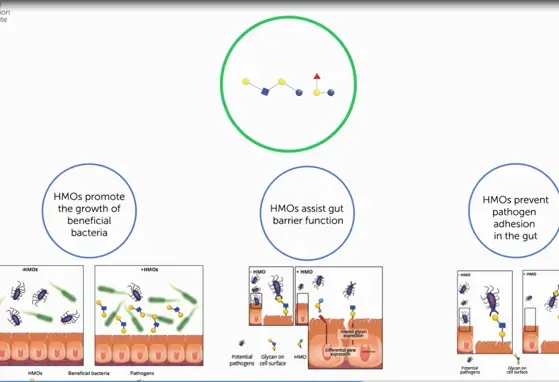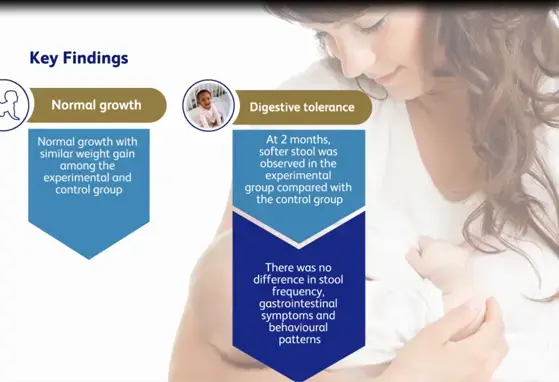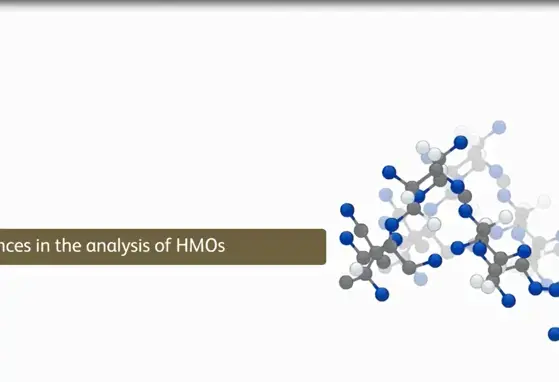Growth & Development
Early life events, including nutrition, play a powerful role in programming a person’s development, metabolism and health for the future. This section covers all aspects of the importance of maternal nutrition in the first 1000 days including nutrition in pregnancy, epigenetics, metabolic programming, breastfeeding, growth & cognitive development and a lot more.

Does maternal Weight affect Levels of Human Milk Oligosaccharide?
Does maternal Weight affect Levels of Human Milk Oligosaccharide?


Video Teaser: Clinical Studies: what is known and what needs further Studies?
Video Teaser: Clinical Studies: what is known and what needs further Studies?

Evidence-based Medicine and HMOs: Where are we now? Where are we going?
Evidence-based Medicine and HMOs: Where are we now? Where are we going?



